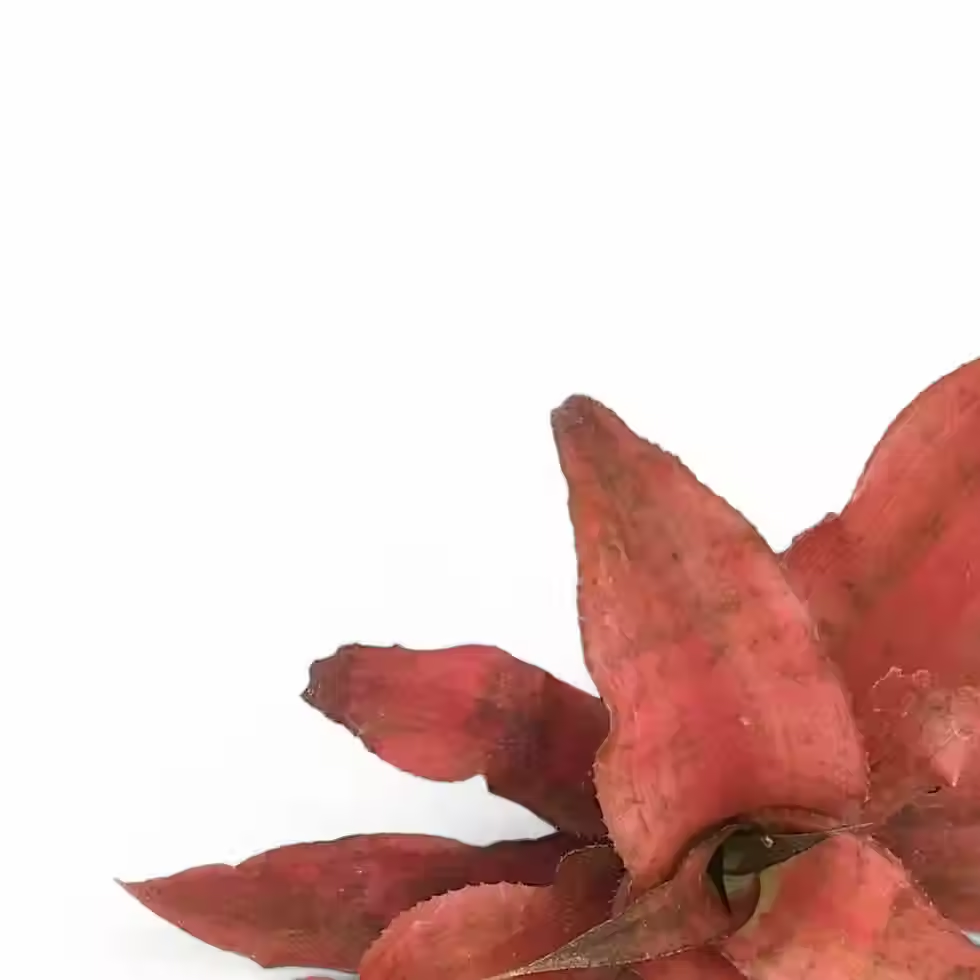Philodendron 'Florida Beauty': A Collector's Dream with Striking Variegation
Philodendron 'Florida Beauty' is a rare variegated hybrid prized for its deeply lobed leaves splashed with green, creamy white, and soft yellow. Each leaf is genetically unique — no two are alike. With a strong climbing habit and unpredictable color patterns, this tropical aroid is a standout for serious collectors.
Why Philodendron 'Florida Beauty' Deserves a Spot in Your Collection
This hybrid offers more than just striking foliage. It grows fast when supported and forms a sculptural vertical shape with consistent care. The variegation is chimeric and stable in most lines — but it’s not influenced by light. Once reverted, a stem must be pruned to encourage patterned growth again.
Growth and Size Indoors
With a moss pole or trellis, Philodendron 'Florida Beauty' can exceed 2 meters in height. Mature leaves reach 30–50 cm in length. Growth rate depends on stability of conditions: consistent warmth, humidity, and root aeration lead to larger foliage and tighter internodes.
Care Instructions for Philodendron 'Florida Beauty'
- Light: Grows best in bright, indirect light. Won’t tolerate strong direct sun. Low light won’t affect variegation, but it slows growth.
- Watering: Let the top 5–7 cm of substrate dry out before watering again. Use pots with drainage holes to avoid root rot.
- Humidity: Prefers ≥60% humidity. Group plants or use a humidifier if air is dry.
- Temperature: Best between 18–27 °C. Keep away from cold drafts and heat sources.
- Substrate: Use a chunky aroid mix with orchid bark, perlite, coco coir, and some activated charcoal.
- Feeding: Fertilize every 4–6 weeks with diluted liquid fertilizer. Avoid overfeeding — it won't enhance variegation.
- Support: Provide a moss pole early to support climbing and help the plant develop mature foliage.
- Propagation: Use cuttings with at least one node and one variegated leaf. Reverted stems won't regain color.
- Semi-Hydro: Adapts well to LECA or passive hydro if humidity and nutrients are stable.
Common Issues and What They Actually Mean
- Leaf Reversion: Once a stem goes fully green, it won’t redevelop variegation. Prune back to a variegated node if you want patterned growth.
- Browning Edges: Usually caused by low humidity or exposure to direct sunlight. Adjust placement and air moisture.
- Root Rot: Caused by soggy, compact soil. Use chunky substrate and water only when the mix begins to dry.
- Pests: Look out for mealybugs, spider mites, and thrips. Treat early with insecticidal soap or neem oil.
Botanical Background
Philodendron 'Florida Beauty' is a variegated form derived from a hybrid of Philodendron pedatum × Philodendron squamiferum, first bred by Robert McColley in the 1950s. The genus name Philodendron comes from Greek: "philo" (love) and "dendron" (tree), referencing its climbing nature.
Quick Answers for Collectors
- Does light increase variegation? No. The pattern is genetic. Light affects growth rate, not leaf color.
- Can I grow it in semi-hydro? Yes. It adapts well with the right setup and nutrients.
- Is it pet-safe? No. Like all Philodendrons, it contains calcium oxalates and is toxic if ingested.
Order Your Philodendron 'Florida Beauty' Today
Add one of the most sought-after variegated Philodendrons to your indoor jungle. Order Philodendron 'Florida Beauty' now and enjoy rare color, bold growth, and striking vertical form — no myths, just stunning genetics.
Philodendron 'Florida Beauty' aka 'Magic Mask'
Philodendron 'Florida beauty' comes in following sizes:
Plug (Starter Plant) plant– is approximately 2 cm , is approximately 10 cm tall M – is approximately 20 cm tall and comes in a ⌀ 12 cm pot
































